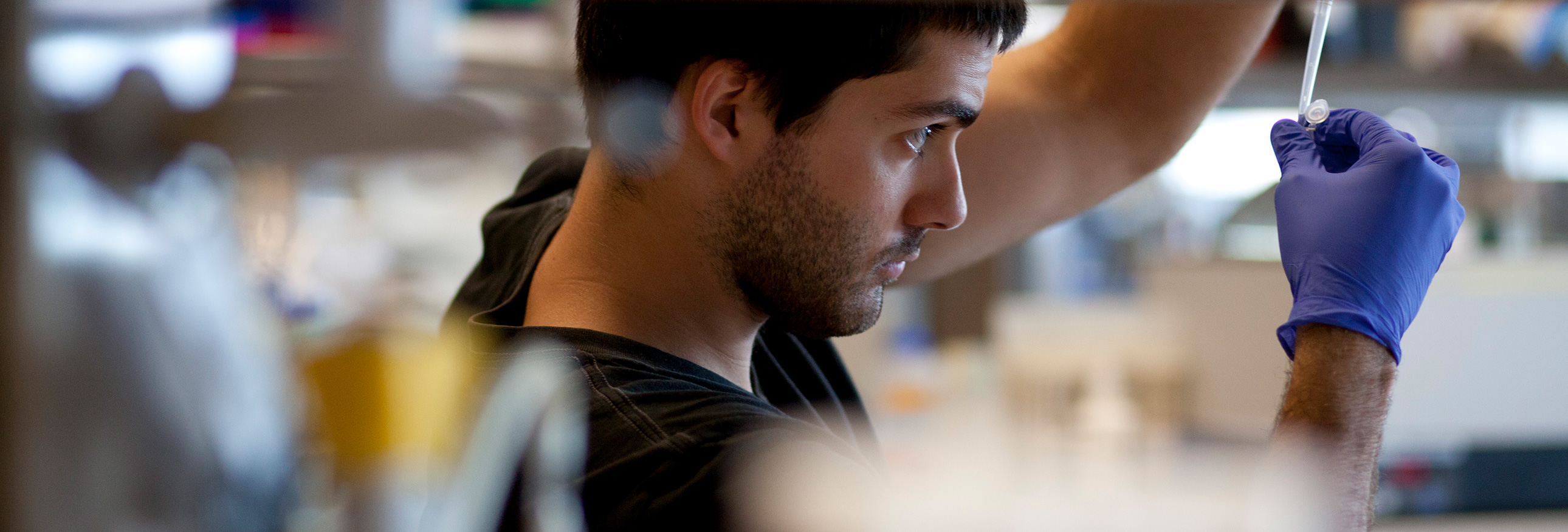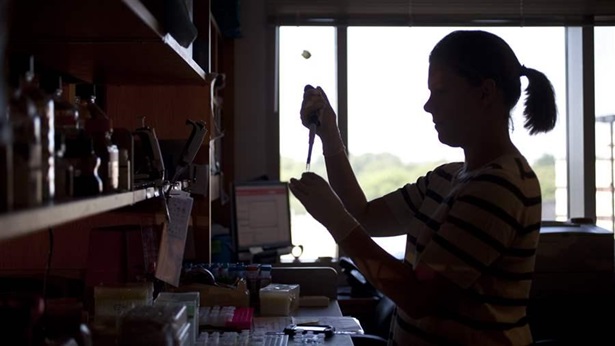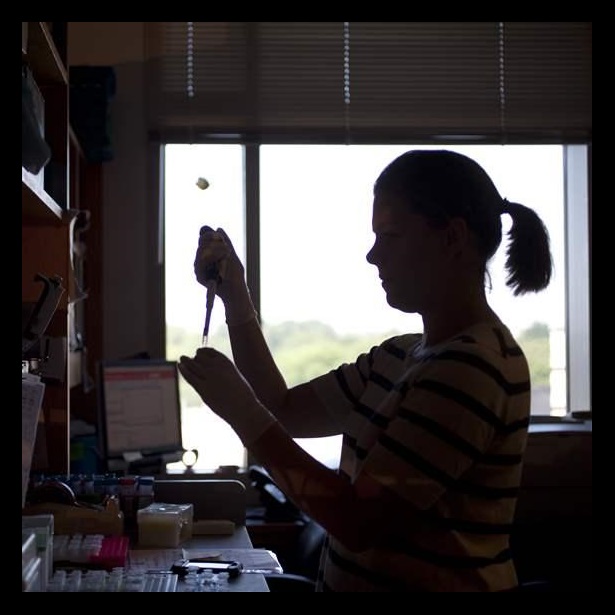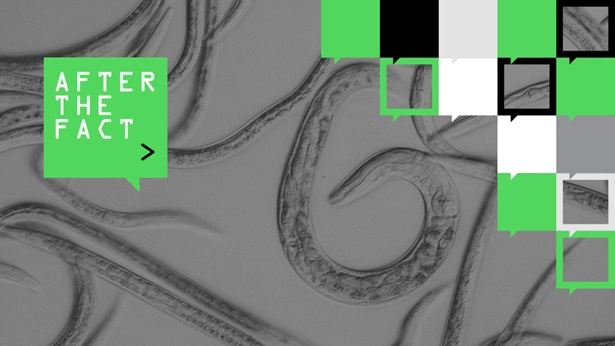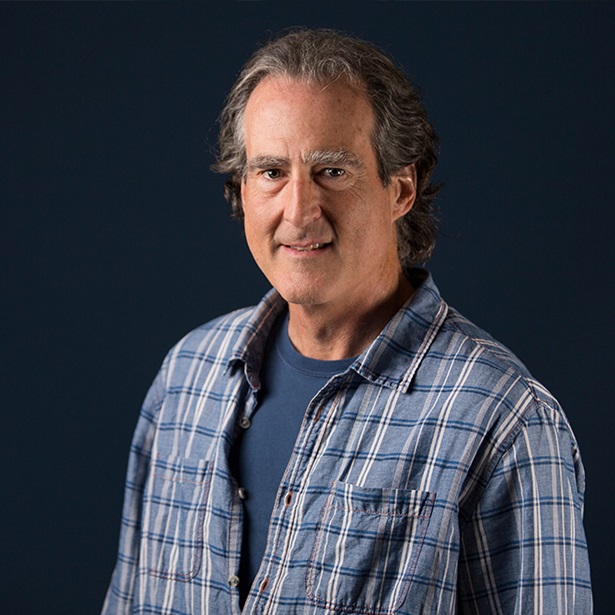Meet the 2023 Class
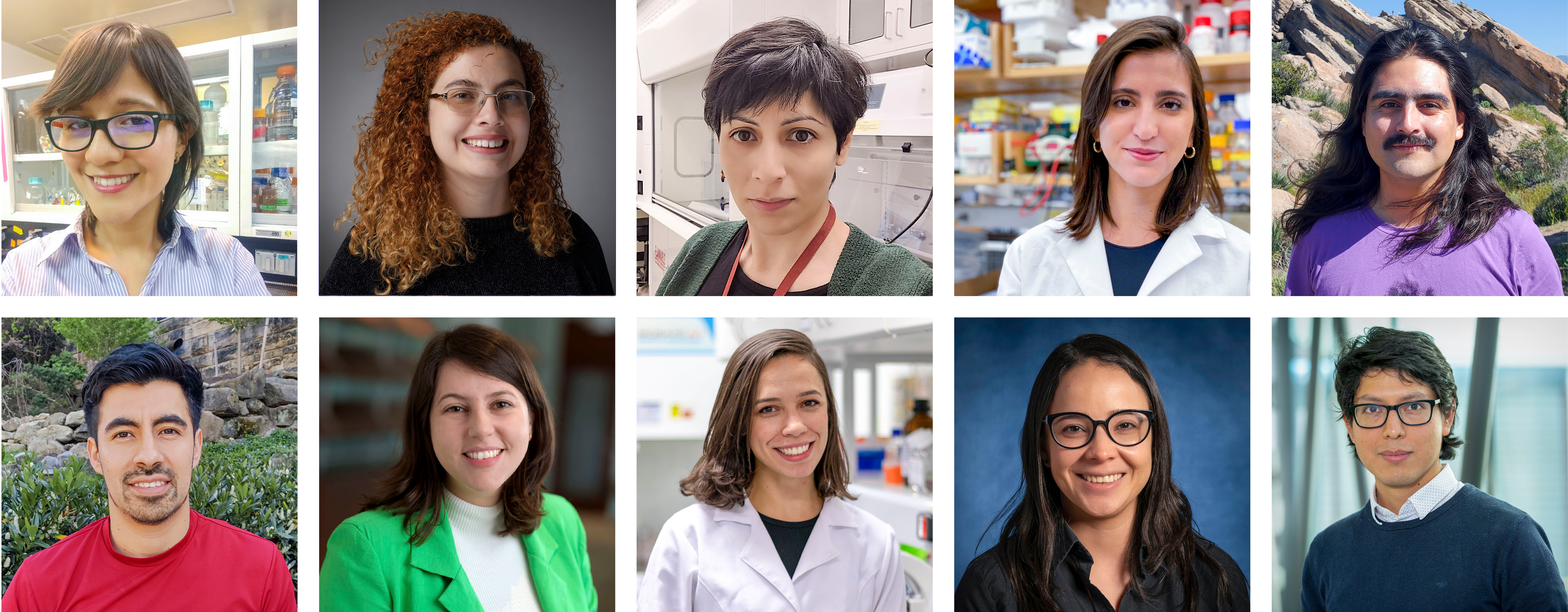
The Pew Latin American Fellows Program in the Biomedical Sciences provides support for young scientists from Latin America to receive postdoctoral training in the United States. The program gives these individuals an opportunity to further their scientific knowledge by promoting exchange and collaboration between investigators in the United States and Latin America resulting in advances in research in Latin America.
Learn more about the application process for the 2025 class of awards from our FAQ. If you’d like additional information on the most recent class of awardees, please visit the fellows directory.
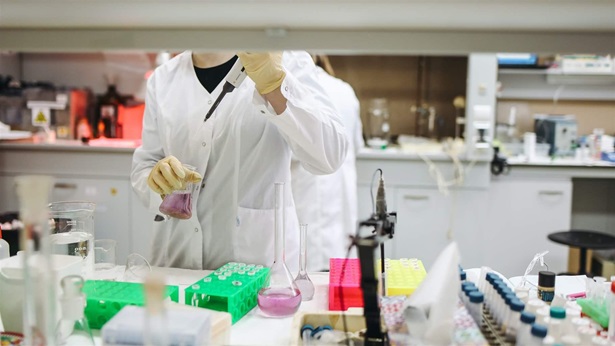
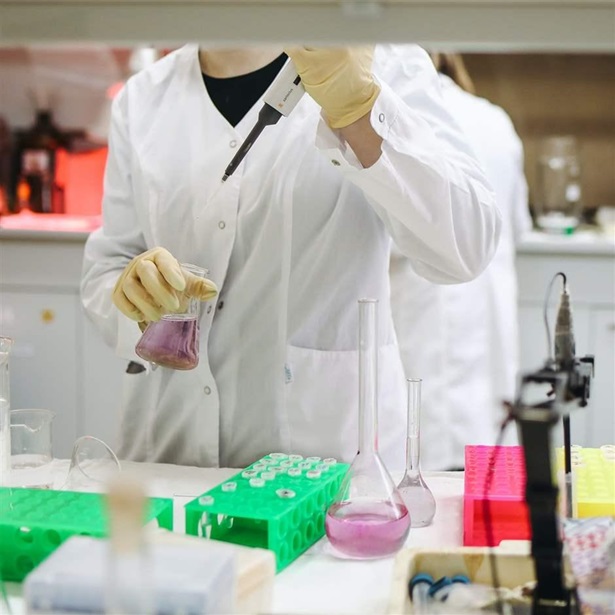
Video
April 24, 2023
